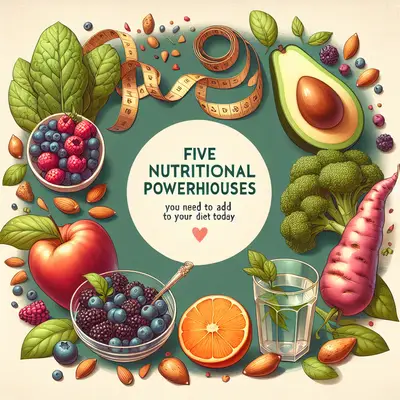Spirulina
Spirulina is a type of blue-green algae that's packed with nutrients. It's a rich source of protein, vitamins B1, B2, and B3, and iron. Studies suggest that spirulina has antioxidant and anti-inflammatory properties, and it may also help improve gut health and manage diabetes. However, more research is needed to confirm these benefits.
Ashwagandha
Ashwagandha, a popular herb in Ayurvedic medicine, is recognized for its adaptogenic properties, meaning it can help the body manage stress. Research shows that ashwagandha can reduce cortisol levels, improve brain function, and help fight symptoms of anxiety and depression.
Pea Protein
Pea protein is a high-quality protein source and a great supplement for those following a plant-based diet. It's rich in essential amino acids, except for methionine. Studies have found that pea protein can support muscle growth and heart health.
Turmeric
Turmeric contains curcumin, a compound with potent antioxidant and anti-inflammatory effects. Curcumin has been studied for its potential benefits in managing arthritis, Alzheimer's disease, and heart disease. However, curcumin is poorly absorbed into the bloodstream, so look for supplements that contain black pepper, which can enhance absorption.
Chlorella
Chlorella, a type of green algae, is rich in protein, fiber, vitamins, and minerals. It's also a source of antioxidants. Research suggests that chlorella can bind to heavy metals in the body and help remove them, which can support detoxification. It may also enhance immune function and improve cholesterol levels.
Conclusion
Plant-based supplements offer a host of health benefits and can be a great addition to a balanced diet. However, it's important to remember that supplements are not a substitute for a healthy diet and lifestyle. Always consult with a healthcare provider before starting any new supplement regimen.



